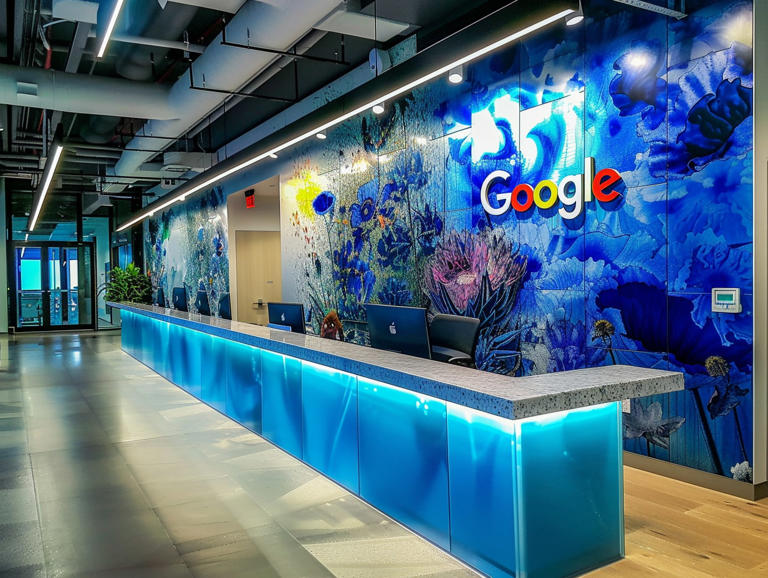The French competition authority, Autorité de la Concurrence, has imposed a hefty fine of €250 million (US$271 million) on Google for its failure to negotiate agreements with news outlets concerning the utilization of their content in search results. This penalty underscores the escalating tensions between news organizations and major language model (LLM) creators regarding equitable remuneration and transparency in content usage.
The dispute between Google and news outlets revolves around the compensation and terms of use for news content displayed in Google’s search results. News organizations argue that Google benefits from their content without adequately compensating them, leading to an imbalance in the digital ecosystem. This issue has prompted regulatory scrutiny and legal action in various jurisdictions, reflecting broader concerns about the power dynamics between tech giants and traditional media outlets.
Google’s fine by the French competition authority highlights the regulatory pressure faced by major tech companies regarding their business practices and market dominance. As governments worldwide grapple with the challenges posed by digital platforms, enforcement actions like this one serve as a reminder of the need to address issues of fairness, competition, and accountability in the digital landscape.
France Fines Google in Ongoing AI Content Payment Battle
According to the Autorité de la Concurrence, Google utilized press content to train its large language model (LLM), Gemini, without informing publishers or obtaining their consent. This action raises concerns about the use of copyrighted material and the rights of news publishers in the digital space.
This latest penalty marks the second instance in four years that Google has faced sanctions from the Autorité de la Concurrence over similar issues. In 2020, the competition authority imposed a €500 million fine on Google for alleged anti-competitive behavior related to its advertising practices.
In response to the fine, Google published a blog post contesting the penalty, claiming it was disproportionate and did not accurately reflect the company’s efforts to address the concerns raised by the competition authority. Google emphasized its commitment to working with publishers and ensuring fair compensation for the use of their content. However, the dispute underscores the ongoing challenges surrounding digital copyright and the need for clearer guidelines and enforcement mechanisms to protect the rights of content creators in the digital age.
Google’s News Troubles Continue in Europe
The incident underscores a broader trend of tension between news outlets and creators of large language models (LLMs), reflecting ongoing debates about intellectual property rights and fair compensation in the digital landscape. Similar conflicts have emerged between OpenAI and prominent publications such as The New York Times and TIME Magazine, highlighting the complexities of content usage and attribution in the era of AI-generated content.
Microsoft’s collaboration with French AI firm Mistral has also sparked concerns among some European Union lawmakers, who have questioned whether there could be potential bias toward French companies. While the French government has refuted such claims, the issue raises broader questions about competition and collaboration within the European tech ecosystem.
This is not the first time Google has faced scrutiny over its handling of news content. In Germany, the company was subject to an investigation regarding its News Showcase service, which was eventually resolved. Similarly, in 2014, Google withdrew its News service from Spain in response to legislation granting Spanish publishers the right to charge for excerpts of their content.
The resolution of this latest dispute remains uncertain, but it underscores the ongoing dialogue surrounding equitable compensation and transparency in the LLM industry. As AI technology continues to advance, policymakers, content creators, and tech companies will need to navigate complex legal and ethical considerations to ensure a fair and sustainable digital ecosystem for all stakeholders involved.
